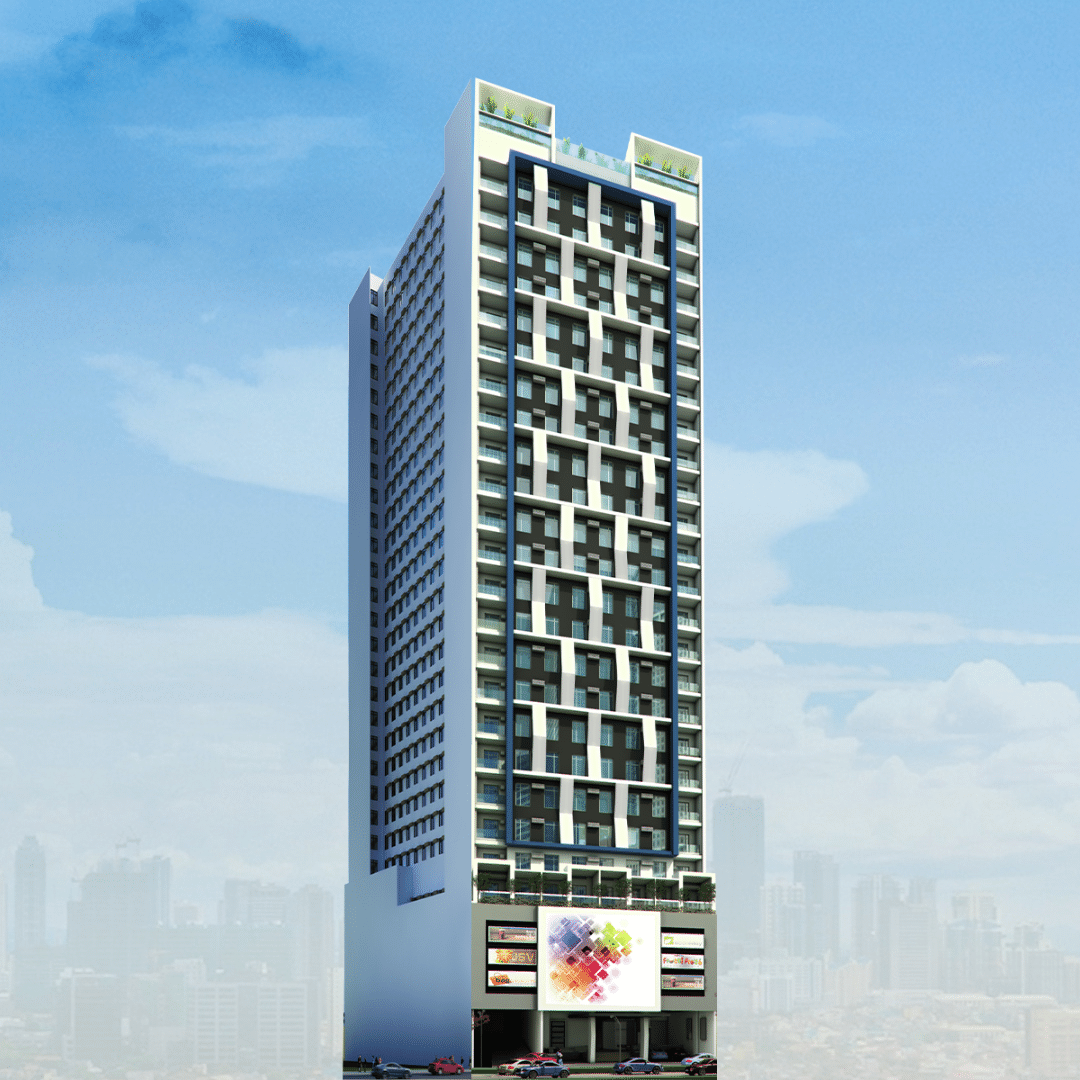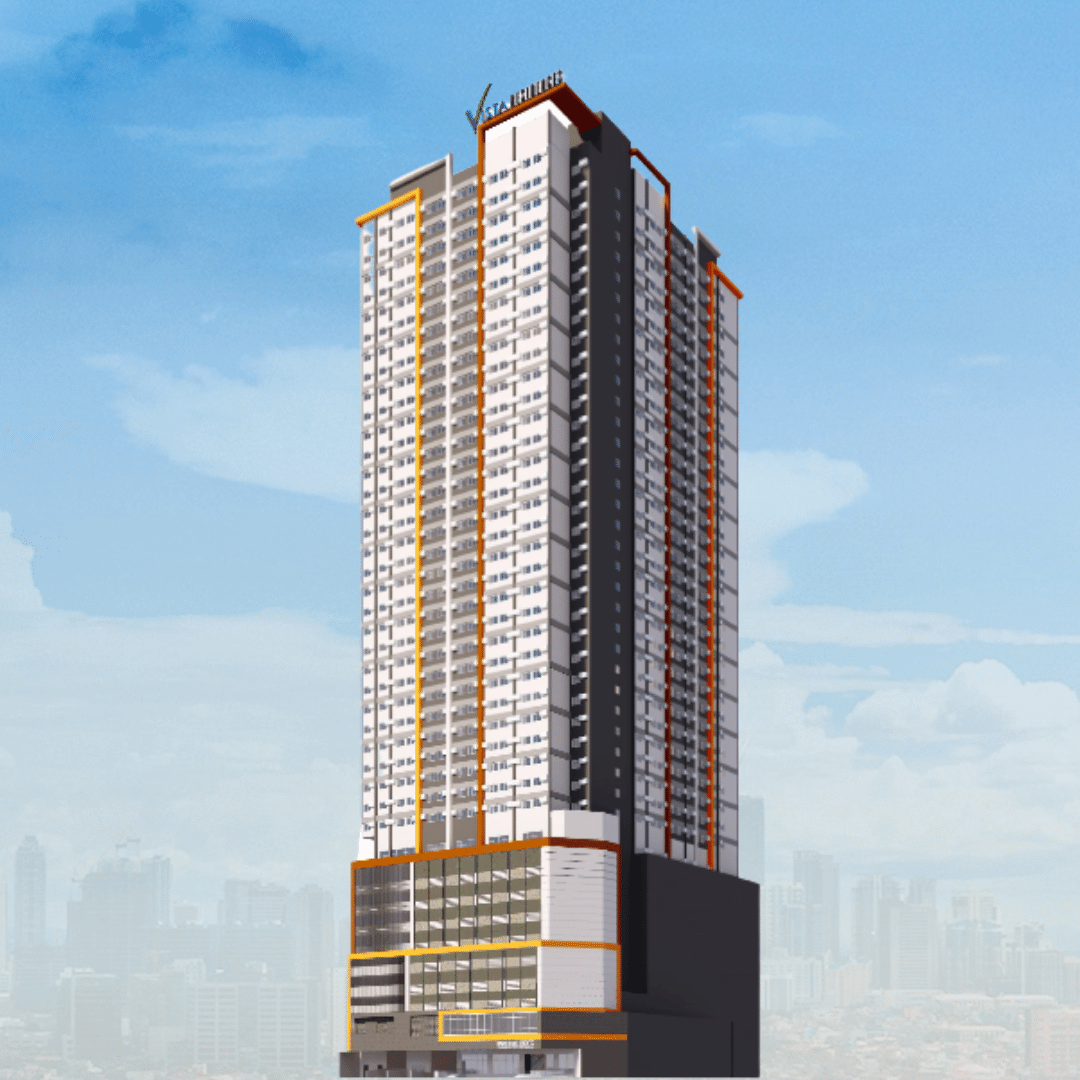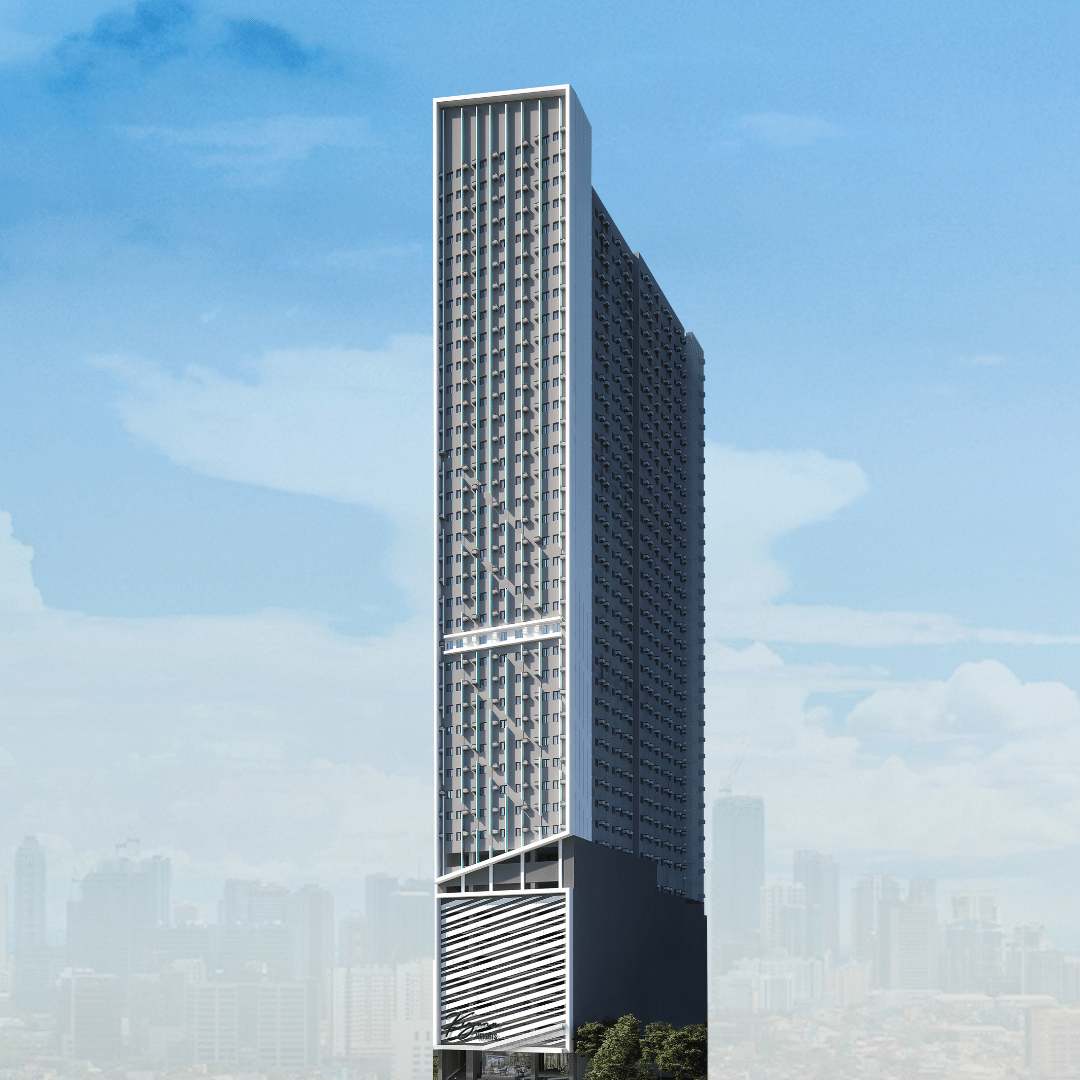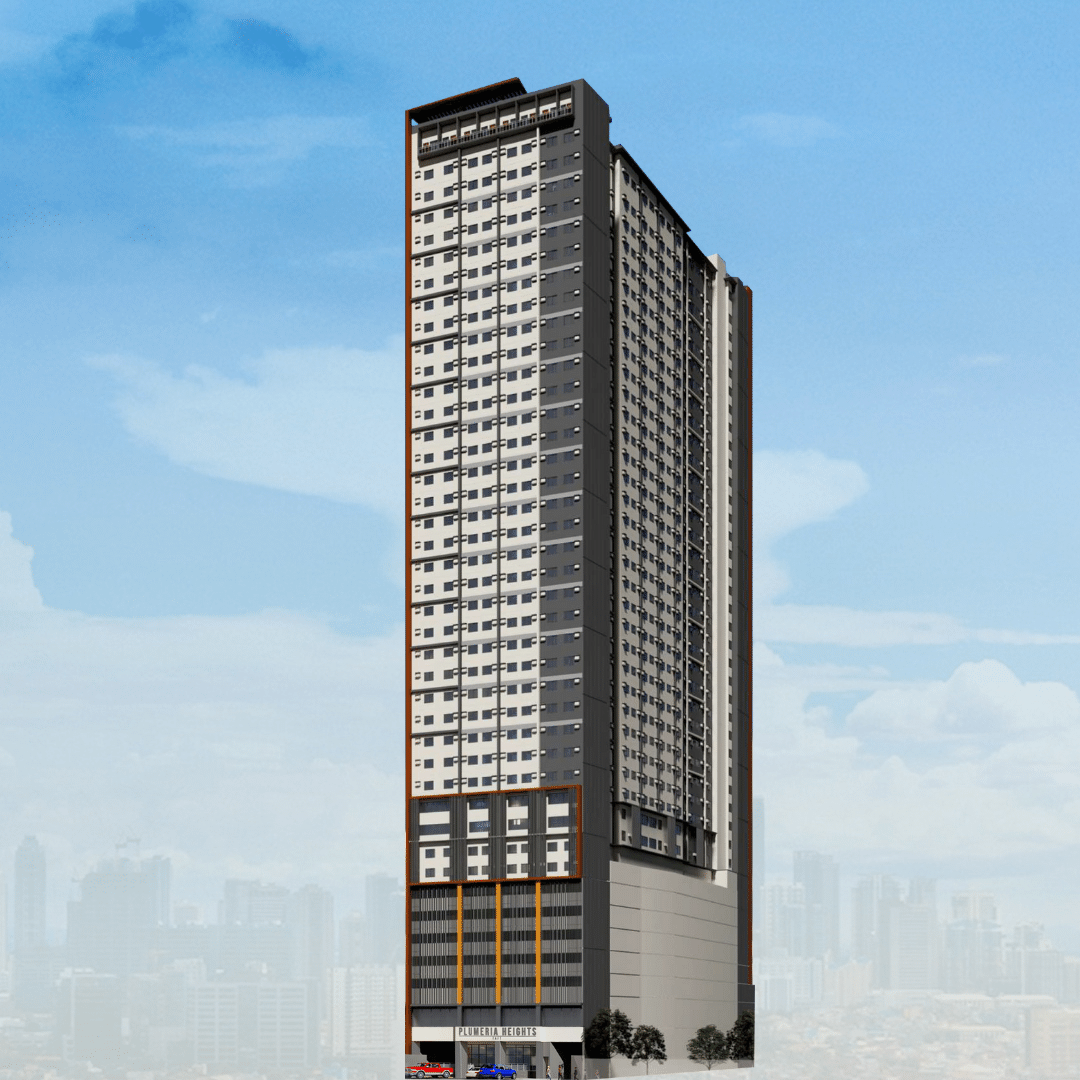These universities offer a wide range of undergraduate and postgraduate programs in various disciplines, including the sciences, arts, engineering, business, and more. Each university has its own unique strengths and areas of specialization, so it's important to research and consider the specific programs and courses offered by each institution to find the best fit for your academic and career goals.
There are several major universities located in Manila, Philippines. Here are some well-known universities in Manila:
- University of the Philippines Diliman (UP Diliman)
- Ateneo de Manila University (ADMU)
- De La Salle University (DLSU)
- University of Santo Tomas (UST)
- Far Eastern University (FEU)
- Polytechnic University of the Philippines (PUP)
- University of the East (UE)
- Adamson University (AdU)
- Technological University of the Philippines (TUP)
- Philippine Normal University (PNU)
The Philippines is indeed known for its high-quality academic universities. The country has a strong higher education system and is recognized internationally for its educational institutions. Filipino universities consistently rank among the top universities in Asia and the world in a variety of university rankings. Some of the factors contributing to the reputation of Philippine universities include:
Quality Faculty
Philippine universities are known for having highly qualified and experienced faculty members who are experts in their respective fields. Many professors hold advanced degrees, including master's and doctoral degrees, and have a wealth of research and industry experience.
Faculty members in Philippine universities often have a strong academic background, having obtained their degrees from prestigious institutions both locally and internationally. They are actively involved in research, publishing scholarly articles in reputable journals, presenting at conferences, and contributing to the advancement of knowledge in their respective disciplines.
In addition to their academic qualifications, many professors in Philippine universities also bring practical experience from their industry engagements. They may have worked in relevant industries, government agencies, or non-profit organizations, allowing them to bring real-world perspectives into the classroom and research projects.
The expertise of faculty members in Philippine universities spans a wide range of disciplines, including the sciences, engineering, social sciences, humanities, business, and more. Their diverse backgrounds and experiences contribute to a rich learning environment and provide students with access to a wealth of knowledge and mentorship.
Furthermore, faculty members in Philippine universities are often engaged in community and national development initiatives. They may serve as consultants, advisors, or researchers for government agencies, non-governmental organizations, and private enterprises, further extending their impact beyond academia.
Research and Innovation
Philippine universities are actively involved in research and innovation across a wide range of disciplines. They make significant contributions to advancements in fields such as science, technology, engineering, medicine, social sciences, and the humanities. Here are some key points highlighting the research and innovation activities of Philippine universities:
- Scientific Research: Philippine universities conduct scientific research in areas such as biology, chemistry, physics, environmental science, and more. Researchers explore various topics, including biodiversity, climate change, renewable energy, health sciences, and materials science, among others.
- Technological Advancements: Universities in the Philippines actively contribute to technological advancements. They conduct research in fields like computer science, information technology, engineering, and electronics, leading to innovations in areas such as software development, artificial intelligence, robotics, telecommunications, and cybersecurity.
- Medical and Health Research: Philippine universities play a crucial role in medical and health research. They conduct studies on prevalent diseases, public health issues, and healthcare interventions. Researchers contribute to advancements in areas such as pharmacology, genetics, public health policies, and medical technology.
- Social Sciences and Humanities: Philippine universities also foster research in social sciences and humanities disciplines. Researchers delve into areas such as sociology, psychology, anthropology, economics, political science, history, literature, and cultural studies. Their work helps to gain insights into societal issues, promote cultural heritage, and inform policies and practices.
- Interdisciplinary Research: Many universities in the Philippines encourage interdisciplinary research collaborations. Researchers from different disciplines collaborate on projects to address complex societal challenges. This approach allows for a comprehensive understanding of issues and promotes innovative solutions.
- Partnerships and Funding: Philippine universities actively seek partnerships with local and international institutions, government agencies, and industry partners to facilitate research collaborations and secure funding for research projects. They participate in research grants, establish research centers, and engage in technology transfer initiatives.
- Publication and Knowledge Dissemination: Researchers in Philippine universities publish their findings in reputable international journals, present at conferences, and share their knowledge through seminars, workshops, and public lectures. This contributes to the global body of knowledge and promotes the visibility of Philippine research contributions.
The research and innovation activities of Philippine universities demonstrate their commitment to advancing knowledge, addressing societal challenges, and contributing to national development. These endeavors create opportunities for students, faculty, and researchers to actively engage in cutting-edge research and contribute to the academic and scientific communities.
Global Recognition
Several Philippine universities have gained international recognition and accreditation, which serves as evidence of their commitment to meeting high academic standards and providing quality education. International recognition and accreditation involve rigorous evaluation processes conducted by external accrediting bodies.
These assessments examine various aspects of the university, including its academic programs, faculty qualifications, research output, student support services, infrastructure, and more. Accreditation ensures that the university meets or exceeds specific quality benchmarks set by the accrediting body. International recognition and accreditation signify that the university aligns with global academic standards and provides students with opportunities for international collaborations, exchange programs, and exposure to diverse academic and cultural experiences.
Additionally, it improves graduates' employability because employers all over the world are more likely to recognize and value degrees from accredited institutions. Accreditation is an ongoing process that encourages continuous improvement, ensuring that the university remains dedicated to delivering quality education and adapting to changing educational needs.
Diverse Program Offerings in the Curriculum
Philippine universities provide a diverse range of programs and courses at both the undergraduate and postgraduate levels. Students have the opportunity to choose from a wide array of disciplines and specialize in their areas of interest. These universities offer programs in fields such as sciences, engineering, technology, social sciences, humanities, business, arts, health sciences, and many more.
At the undergraduate level, students can pursue Bachelor's degrees in various disciplines. These programs typically provide a comprehensive foundation in the chosen field of study, offering a combination of theoretical knowledge and practical skills. Students can explore different disciplines, discover their passions, and make informed decisions about their academic and career paths.
For those seeking advanced education, Philippine universities offer a range of postgraduate programs. These include Master's degrees, doctoral programs, and professional degrees. Postgraduate programs provide opportunities for specialization and in-depth research in specific fields. They equip students with advanced knowledge, critical thinking skills, and expertise to excel in their chosen fields or pursue careers in academia, research, industry, or professional practice.
The availability of diverse programs and courses allows students to pursue their academic interests and career goals effectively. Whether their passion lies in the sciences, arts, business, humanities, or any other field, Philippine universities offer a variety of options to cater to their needs. Students can choose programs that align with their interests, strengths, and aspirations, thereby shaping their educational journey to suit their individual preferences and career aspirations.
Additionally, universities in the Philippines often provide opportunities for interdisciplinary studies and cross-disciplinary collaborations. This allows students to explore the intersections between different fields and gain a holistic perspective on complex issues. Such interdisciplinary approaches foster creativity, innovation, and the development of well-rounded individuals who can contribute meaningfully to society.
Strong Alumni Networks
Philippine universities have a track record of producing successful graduates who have excelled nationally and internationally in their respective fields.
These accomplished alumni networks play a significant role in the educational journey of current students. They provide valuable connections and opportunities by serving as professional networks, offering mentorship and career guidance, facilitating industry engagement, and extending global reach.
The alumni networks also foster entrepreneurship and start-up culture, encourage philanthropic initiatives, and organize events and reunions that strengthen alumni ties and create a sense of pride and belonging. Through their achievements and contributions, the alumni networks of Philippine universities contribute to the overall reputation and growth of the institutions, while providing invaluable support and opportunities for the current generation of students.
Cultural and International Exposure
Universities in Manila, Philippines, attract students from diverse regions and countries, creating a culturally rich and inclusive environment. This multicultural setting offers students invaluable opportunities to engage with peers from different backgrounds and gain a global outlook.
Through cultural exchange, students can share traditions, languages, and customs, fostering mutual understanding and appreciation. Interacting with individuals from various countries exposes students to different perspectives and encourages them to think critically and develop open-mindedness. Additionally, the multicultural environment enhances language skills and facilitates the formation of a global network of connections.
Students can participate in international programs and exchanges, broadening their academic experiences and preparing them to be global citizens. Overall, the multicultural environment in Manila's universities enriches the learning journey, equipping students with the skills, knowledge, and cultural competence necessary to thrive in an interconnected world.
It's important to note that while the Philippines has many excellent universities, the reputation and quality of individual institutions may vary. It's advisable to conduct thorough research on specific universities and their programs to determine which ones align with your academic and career goals. Here are a few university projects that could be suitable for students planning to study at major universities and student condos around Manila:
Urban Planning and Sustainability
Conduct a comprehensive study on the urban environment and develop sustainable solutions to address issues such as traffic congestion, waste management, and pollution. This project can involve data collection, analysis, and the proposal of innovative urban planning strategies.
Health and Nutrition Campaign
Design and implement a health and nutrition campaign targeting specific communities in Manila. This project can include conducting surveys, creating awareness materials, organizing workshops, and measuring the impact of the campaign on the target population's health and well-being.
Community-based Education Program
Develop an educational program aimed at improving access to quality education for underprivileged communities in Manila. This project can involve curriculum development, teaching assistance, and monitoring the progress of students participating in the program.
Social Entrepreneurship
Start a social enterprise to address a particular social or environmental issue that Manila communities are facing. This project can include developing a business plan, sourcing funding, and implementing the venture. The focus can be on initiatives such as sustainable agriculture, eco-friendly products, or empowering marginalized groups.
Technology Innovation
Create a technological solution that addresses a pressing problem in Manila, such as traffic management, disaster preparedness, or public health monitoring. This project can involve designing prototypes, conducting field tests, and evaluating the feasibility and impact of the innovation.
Cultural Preservation and Promotion
Develop a project that highlights the cultural heritage of Manila and aims to preserve and promote traditional arts, crafts, and practices. This could involve organizing cultural festivals, documenting traditional knowledge, or creating multimedia presentations to raise awareness and appreciation for local culture.
Environmental Conservation
Conduct research and implement initiatives to conserve and protect the natural resources and biodiversity in and around Manila. This could involve activities such as habitat restoration, ecological surveys, and educational campaigns to promote environmental awareness and sustainable practices.
Remember, the suitability of these projects may vary depending on the specific requirements and interests of the universities you are applying to. It is recommended to consult with your prospective universities or academic advisors to tailor the projects to their expectations and criteria.
For more information on Vista Residences, email [email protected], follow @VistaResidencesOfficial on Facebook, Twitter, Instagram, and YouTube, or call the Marketing Office at 0999 886 4262 / 0917 582 5167.







-min.png)